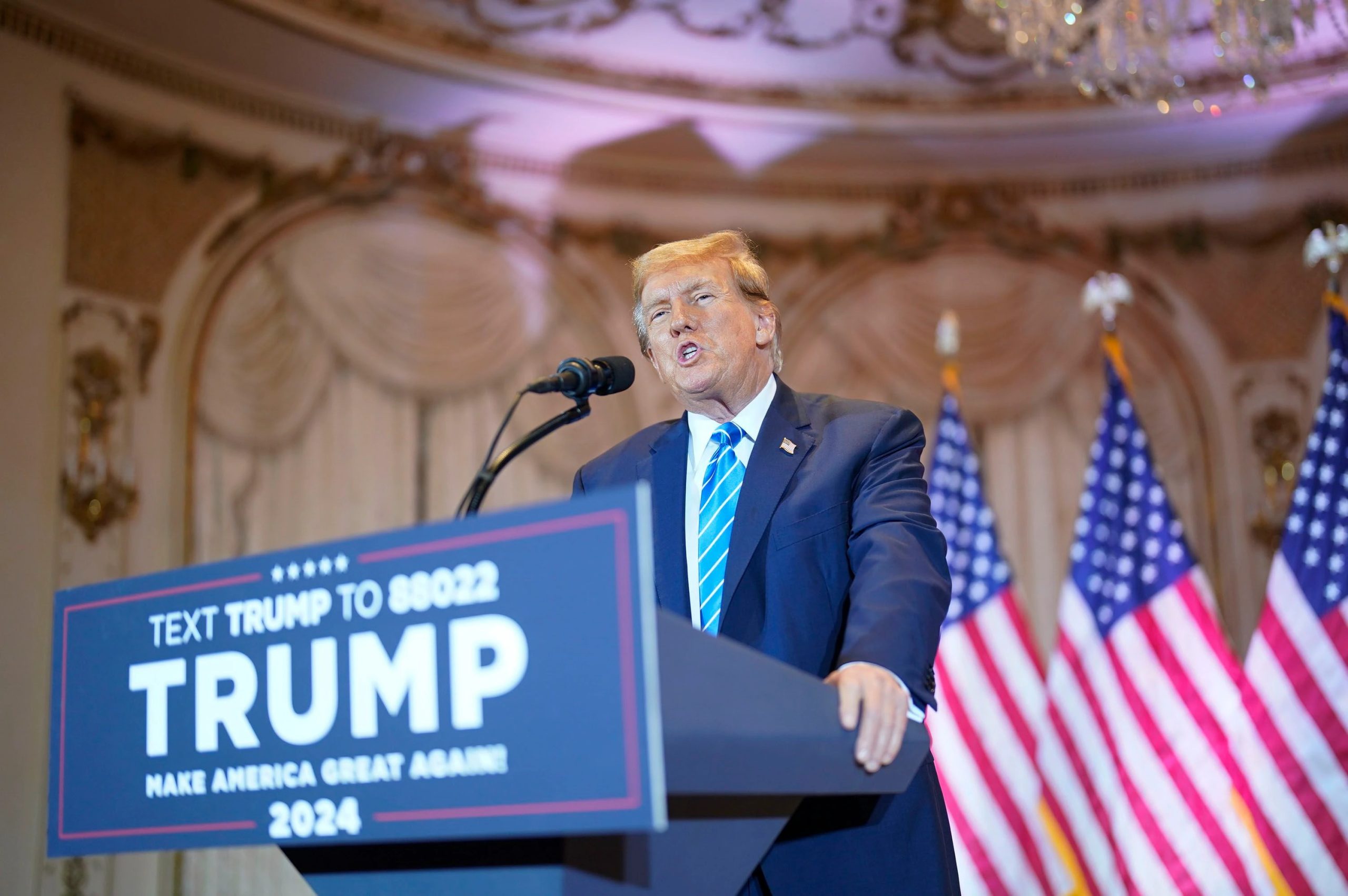Complaints about politicians are as old as American politics itself. However, this year, pollsters and strategists are noting a distinct trend. A larger-than-usual number of Americans are deeply unhappy with the country’s direction, and this dissatisfaction has persisted for an unusually long time.
Many voters have been vocal about their desire for different leaders. In fact, the group of voters who dislike both President Biden and former President Trump has become so significant that they have earned their own label: double haters.
Despite this widespread dissatisfaction and the calls for change, the primary season is revealing that even these double haters may not significantly change their voting behavior.

With President Trump accumulating delegates and Nikki Haley, his last major challenger for the nomination, exiting the race, it appears increasingly likely that a rematch between Biden and Trump is on the horizon.
This phenomenon highlights a paradox in American politics. While many voters express dissatisfaction with the current state of affairs and a desire for new leadership, they seem reluctant or unable to translate this sentiment into meaningful change at the ballot box.
This raises questions about the deeper dynamics at play in American politics and the factors that influence voter behavior. One possible explanation is that despite their dissatisfaction with the status quo, many voters may ultimately prioritize other considerations when choosing a candidate.
These could include party loyalty, policy preferences, or a perception of which candidate is better equipped to address pressing issues facing the country.
Another factor could be the perceived lack of viable alternatives. While some voters may be unhappy with the current leadership, they may not see any other candidates who they believe can effectively address their concerns or lead the country in a different direction.
Additionally, the polarized nature of American politics may also play a role. With the political landscape increasingly divided along party lines, some voters may feel compelled to support their party’s candidate, even if they have reservations about them personally.
The phenomenon of double haters and the apparent resilience of the Biden-Trump dynamic in the face of widespread dissatisfaction highlight the complexity of American politics.
It suggests that while there may be a desire for change among many voters, translating that desire into meaningful electoral outcomes is a challenging and multifaceted process.
